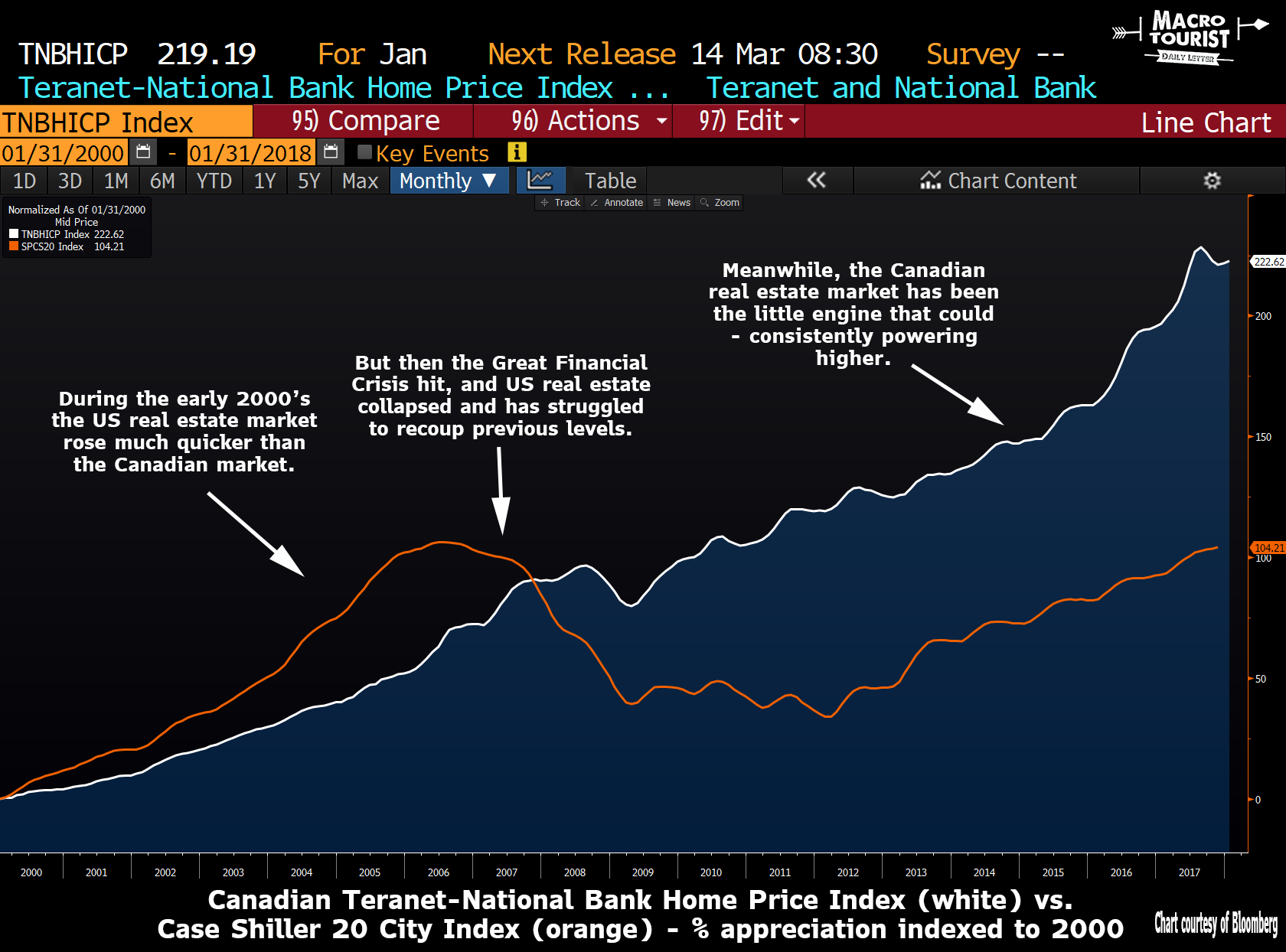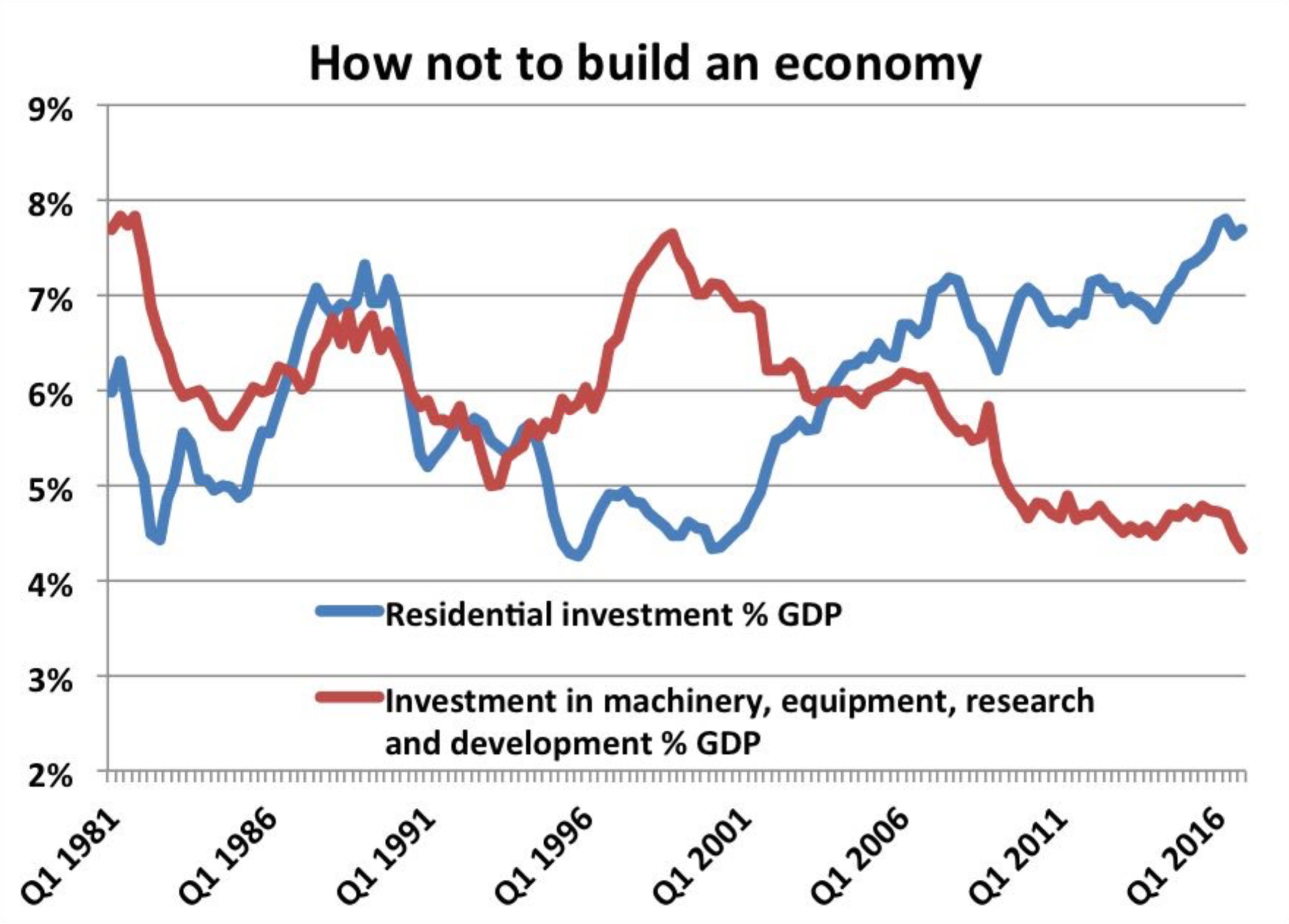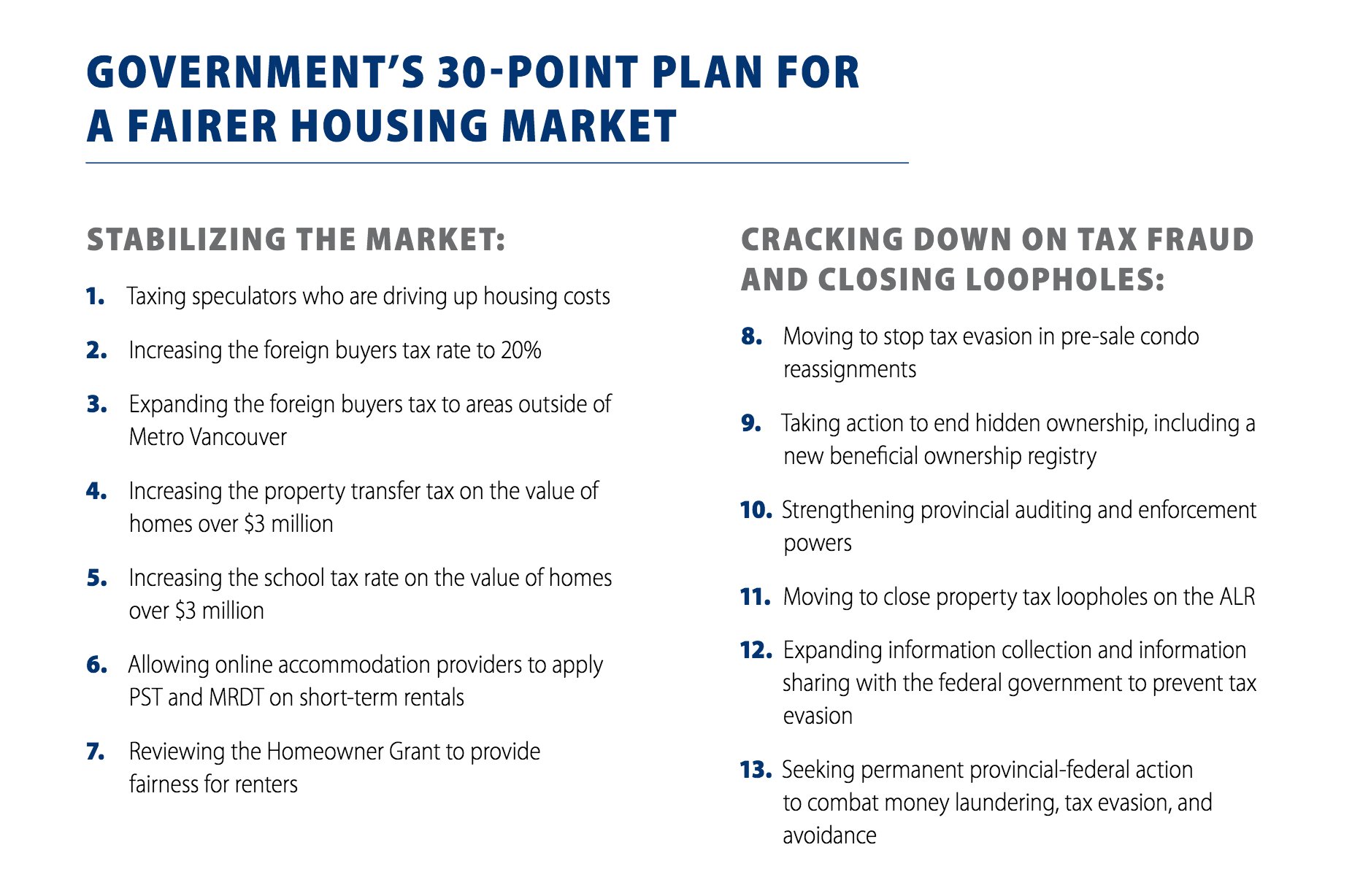Authored by Mike Krieger via Liberty Blitzkrieg blog,
I’m sure all of you are aware of the dramatic power play pulled off over the weekend by China’s Communist Party to eliminate term limits for both the president and vice president.
Prior to the move, Chinese leaders have stuck to two five-year terms since the presidency of Jiang Zemin (1993-2003), but that’s about to change as wannabe emperor Xi Jinping positions himself as indefinite ruler of the increasingly totalitarian superstate.
While the weekend announcement was illuminating enough, I found the panicked reactions by Chinese authorities in the immediate aftermath far more telling. The country’s propagandists took censorship to such an embarrassing level in attempts to portray the decision as widely popular amongst the masses, it merely served to betray that opposite might be true.
China Digital Times compiled a fascinating list of words and terms banned from being posted or searched on Weibo. Here’s just a sample of some I found particularly interesting.
-
The Emperor’s Dream (皇帝梦) — The title of a 1947 animated puppet film.
-
Disney (迪士尼) — See also “Winnie the Pooh,” below.
-
personality cult (个人崇拜) — Read more about the image-crafting campaign that has been steadily cultivated by state media over Xi’s first term.
-
Brave New World (美丽新世界) — See also “1984,” below.
-
my emperor (吾皇)
-
Yuan Shikai (袁世凯) — Influential warlord during the late Qing Dynasty, Yuan became the first formal president of the newly established Republic of China in 1912. In 1915, he briefly re-established China as a Confucian monarchy.
-
Hongxian (洪憲) — Reign title of the short-lived, re-established monarchy led by Yuan Shikai, who declared himself the Hongxian Emperor. After much popular disapproval and rebellion, Yuan formally abandoned the empire after 83 days as emperor.
-
Animal Farm (动物庄园)
-
N — While the letter “N” was temporarily blocked from being posted, as of 14:27 PST on February 26, it was no longer banned. At Language Log, Victor Mair speculates that this term was blocked “probably out of fear on the part of the government that “N” = “n terms in office”, where possibly n > 2.”
-
emigrate (移民) — Following the news, Baidu searches for the word reportedly saw a massive spike.
-
disagree (不同意)
-
Xi Zedong (习泽东)
-
incapable ruler (昏君)
-
1984
-
Winnie the Pooh (小熊维尼) — Images of Winnie the Pooh have been used to mock Xi Jinpingsince as early as 2013. The animated bear continues to be sensitive in China. Weibo users shared a post from Disney’s official account that showed Pooh hugging a large pot of honey along with the caption “find the thing you love and stick with it.”
-
I oppose (我反对)
-
long live the emperor (吾皇万岁)
The full list is far more extensive and ridiculous, but the key point is that such a pathetic and panicked response from government censors highlights government insecurity, not strength.
I fully agree with a recent observation made by Charlie Smith, co-founder of GreatFire.org:
Smith said he believed Beijing had underestimated the outrage its decision would cause. “The response from Chinese netizens indicates that Xi may have miscalculated how this would be received by the general public. Hence, he has asked the censors to put in overtime and things like the letter ‘N’ end up as collateral damage.”
The internet response to the Communist Party’s move to abolish term limits was not what leadership expected or desired, which prompted a panicky and desperate attempt to immediately clean up internet discourse.
It’s pretty sad when a government in charge of the lives of over a billion people is terrified of Winnie the Pooh memes.
The huge tell that China was about to take a major totalitarian turn occurred last year with the draconian government response to Bitcoin and crypto currency exchanges generally. The people of China were embracing the technology as much as anyone else and were in a perfect position to be global leaders in this paradigm changing new ecosystem. Xi responded to this by shutting the whole thing down.
Not only did he dash the enthusiasm, drive and talent of some of his country’s smartest technologists and entrepreneurs, but he also made it clear to the world that the Chinese model will continue to be one of command and control, rigid hierarchy and centralization. This is a tragic and historic mistake, and I think the coming brain drain out of China could be massive. This provides an opportunity for more open nations to scoop up some serious talent as they look to leave. As noted previously, Chinese authorities banned the word “emigrate” earlier this week, which should certainly tell you something.
As someone who’s watched his own government turn increasingly opaque, corrupt, authoritarian and unconstitutional, I feel empathy for the tens, if not hundreds of millions, of Chinese horrified that their hopes of a more free society appear dashed for the foreseeable future. Making matters worse, the surveillance state that’s been installed across the country is science fiction level scary.
In case you missed the following video clip of the China’s all-seeing spy camera network, take a watch.
If that’s not wild enough, Chinese police are now starting to become equipped with fascial recognition eyeglasses.
From Verge:
China’s police have a new weapon in their surveillance arsenal: sunglasses with built-in facial recognition. According to reports from local media, the glasses are being tested at train stations in the “emerging megacity” of Zhengzhou, where they’ll be used to scan travelers during the upcoming Lunar New Year migration. This is a period of extremely busy holiday travel, often described as the largest human migration event on Earth, and police say the sunglasses have already been used to capture seven suspects wanted in major cases, as well as 26 individuals traveling under false identities.
The sunglasses are the latest component in China’s burgeoning tech-surveillance state. In recent years, the country has poured resources into various advanced tracking technologies, developing artificial intelligence to identify individuals and digitally tail them around cities. One estimate suggests the country will have more than 600 million CCTV cameras by 2020, with Chinese tech startups outfitting them with advanced features like gait recognition.
Let this be a lesson to U.S. citizens, as well as citizens across the world. Never, ever allow a massive, unaccountable surveillance system to be constructed and implemented in your society for any reason. It will always ultimately be abused by a power hungry despot to seize and then maintain power.
Finally, one major reason I’m so concerned about what’s happening in China is because it adds a huge element of geopolitical risk to the global equation and greatly increases the likelihood of worldwide conflict.
Tomorrow’s piece will focus on this angle.
* * *
If you liked this article and enjoy my work, consider becoming a monthly Patron, or visit our Support Page to show your appreciation for independent content creators.
via Zero Hedge http://ift.tt/2HTdUit Tyler Durden






















